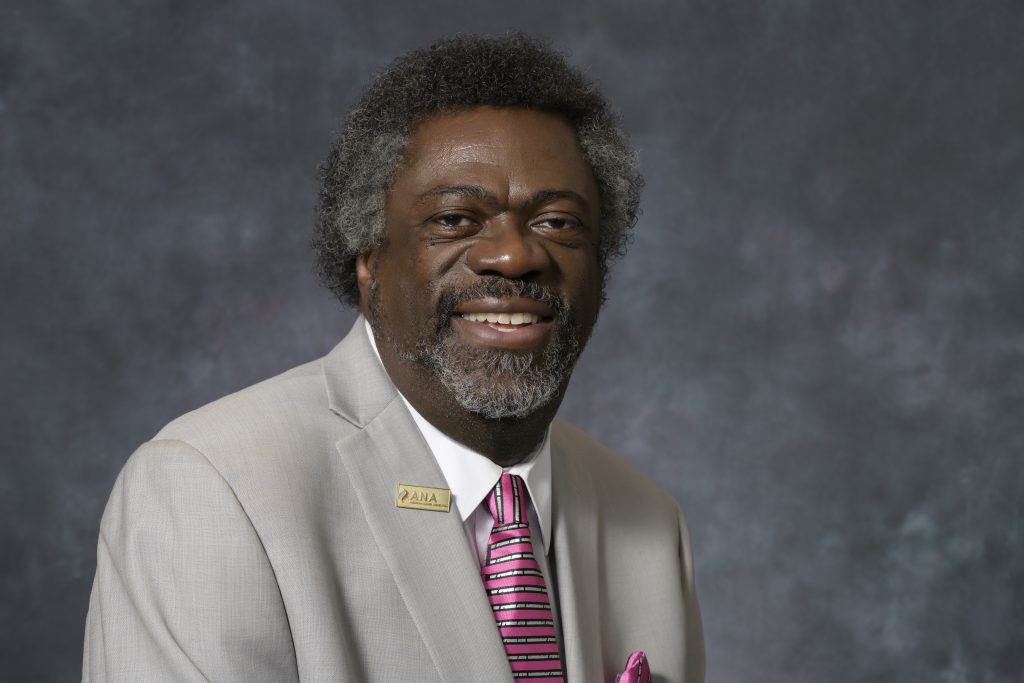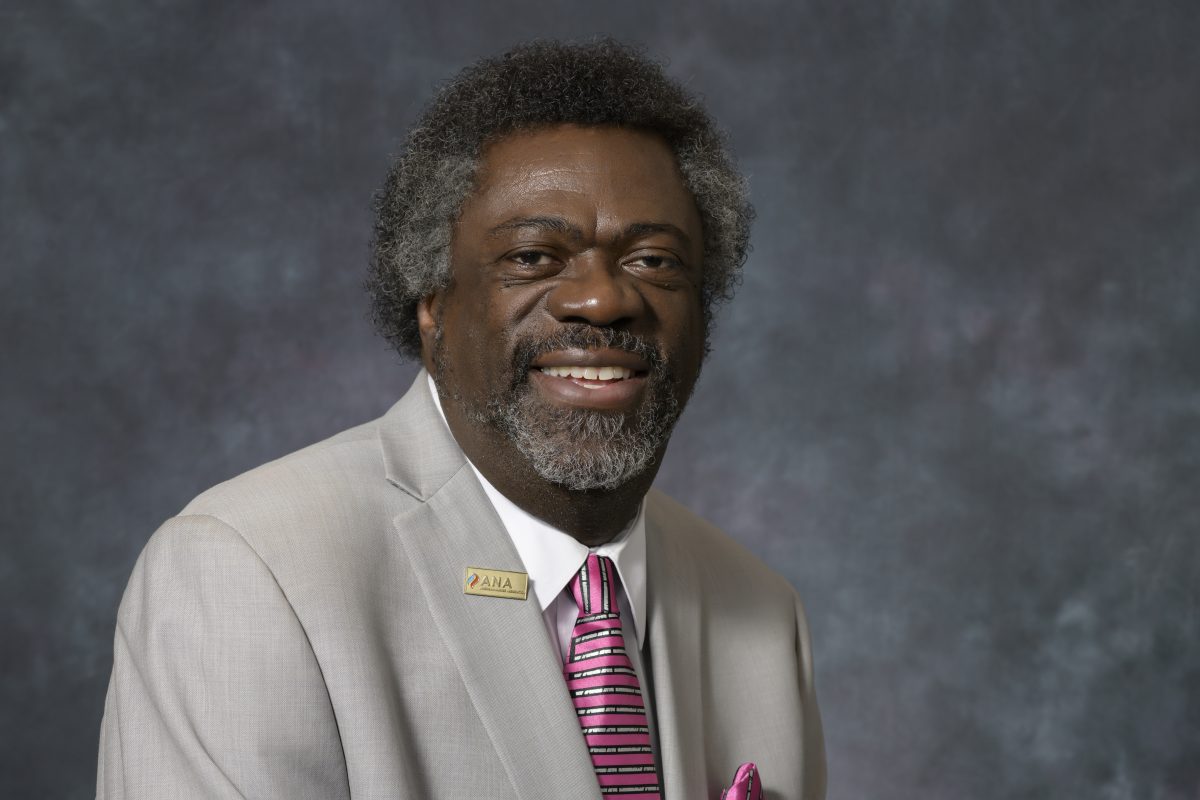The debate over how the nation structures its health care delivery system has waged on for decades. At the heart of this debate has been how to ensure coverage and access to needed health care services for patients. Looking at a system where most get their health needs covered by Medicare, Medicaid, or commercial, employer-sponsored covered, many recognized that too many Americans continued to be left behind. On one side of the debate, we have seen a push towards a single-payer system—like what is in place in Canada and the United Kingdom. Others, pushing for more market-based solutions to expand coverage through private plans.
At ANA, we have long supported movement toward adopting a single-payer health care system as the most desirable option. That is a health care system that is structured where services provided are financed by one payer, typically the government. Since that position was formally adopted in 1999, ANA has altered its advocacy on ensuring all Americans have access to health care coverage and nursing care, rather than focusing on how the health care system is financed. This evolution is a result of a shift in conversations about health care reform and delivery system, which was fully realized with the passage of the Affordable Care Act (ACA)—which celebrates its 11th anniversary this year. This landmark legislation made several critical reforms to the nation’s health care delivery system that continue to influence health care policymaking today.
The ACA adopted some market-based solutions to expand access to coverage through the creation of federal and state-based marketplaces, while at the same time expanding eligibility for the Medicaid program to vulnerable adult patient populations. In addition to focusing on coverage, the ACA has helped to trigger a broader movement to value and quality in how health care services are provided and paid. We know that many of our nurses are integral in leading and ensuring the success of value-based models and other innovations that better the care for patients, recognized through underlying payment structures.
As ANA engages with Congress and policymakers, it is key that the association’s position better reflect the current conversations and priorities, as well as allowing flexibility that allows the association to weigh in on proposed legislation and regulations. This will only serve to allow our voice to be more effective on behalf of our members—making it clear that the existing support of a single-payer system must be updated. Rather, we must adopt a replacement policy that endorses universal health coverage that recognizes the value of nursing. As defined by the World Health organization, universal coverage is a system wherein everyone has access to the health care services they need.
Through promoting universal health coverage that recognizes the value of nursing, ANA has the opportunity to continue to amplify the vital role nurses play in changing and improving the nation’s health care delivery system. Nurses are key to the provision of high-quality care to patients—regardless of the patient’s health care coverage. What is critical in these debates is the recognition of the nurse role through equitable payment for the services they provide to patients. Additionally, as policymakers continue to drive innovation and reform into the delivery system, nurses must be allowed to practice at the top of their license to fully contribute to the success of any system changes.
While our complex health care delivery system is far from perfect, there are many opportunities to shape policies that impact coverage, care, and ultimately the nursing profession. Over 30 million of our fellow Americans remain uninsured, a number likely to continue to grow due the economic challenges we all face due to the COVID-19 pandemic. This will likely lead to actions that work to ensure greater access to health care coverage. We also know that innovation and delivery system reform will continue to be an area of focus for policymakers. The role of the nurse must be forefront in these conversations and—most importantly—in any resulting legislation or regulations. Adopting a position that recognizes that access to health care coverage is most important, regardless of the underlying financing, lets us focus on ensuring that the value of nursing is fully recognized in our health care delivery system.
Over the next few weeks, members should watch ANA’s communication platforms as we near this year’s Membership Assembly. Dialogue forums are back, and we look forward to a robust conversation about moving ANA from endorsing a single-payer system to one that supports universal access to health care that fully recognizes the value of nursing.



